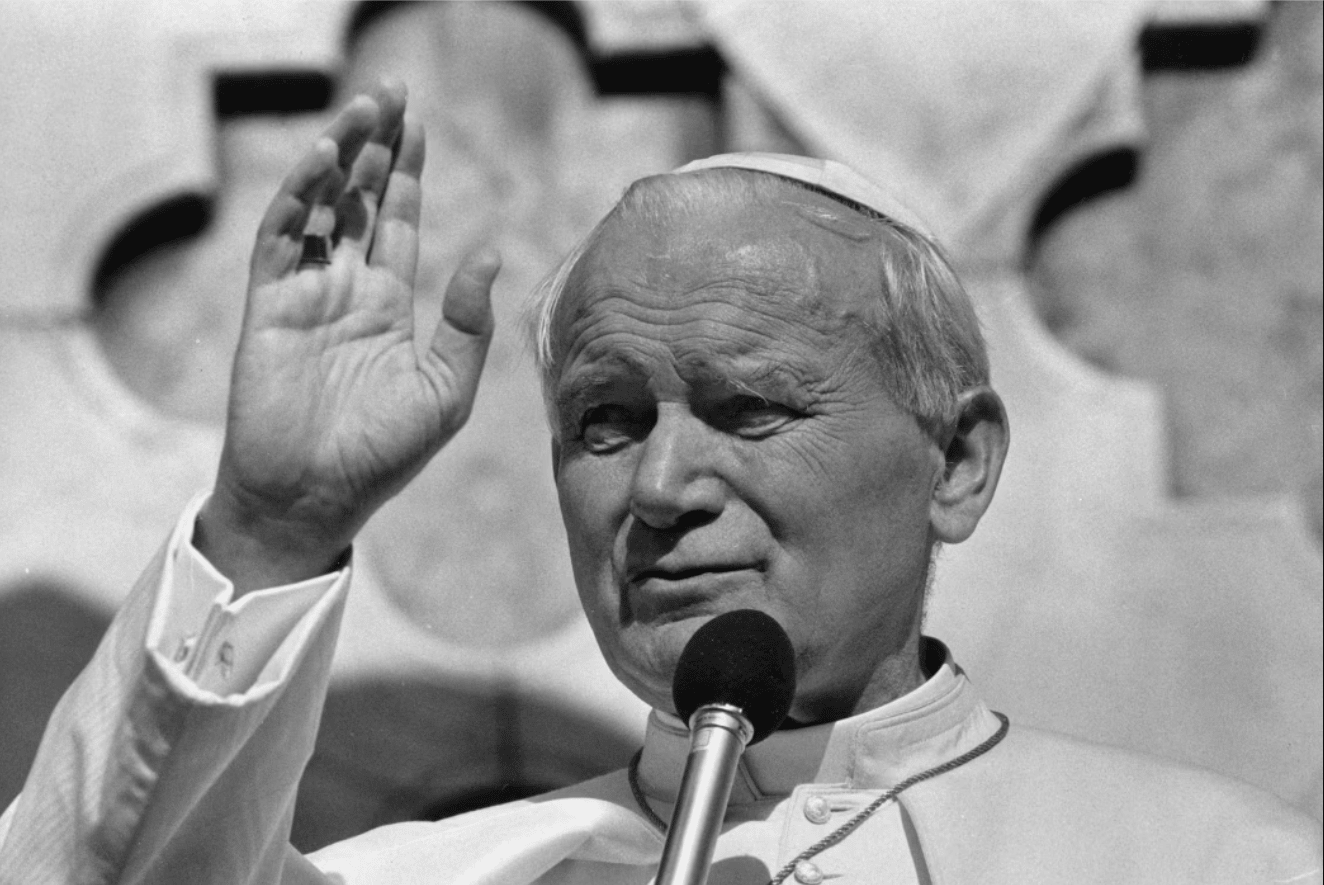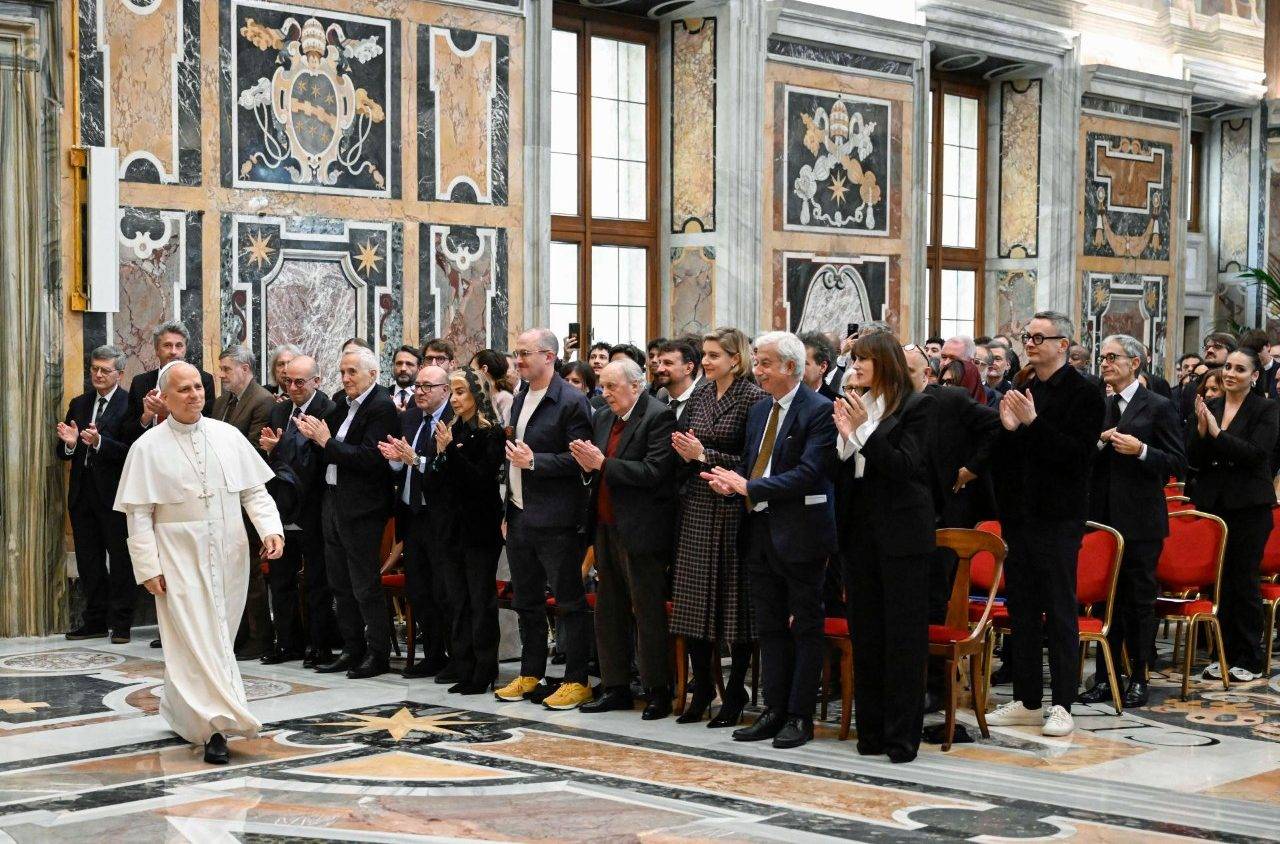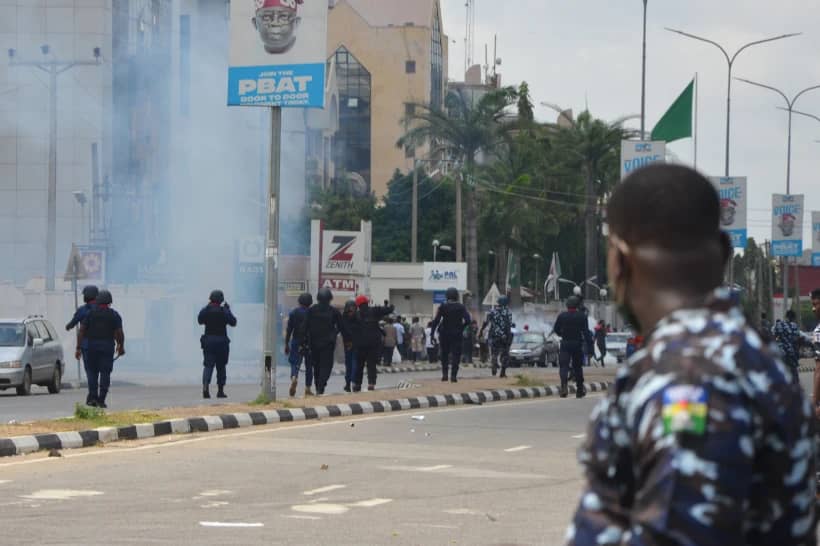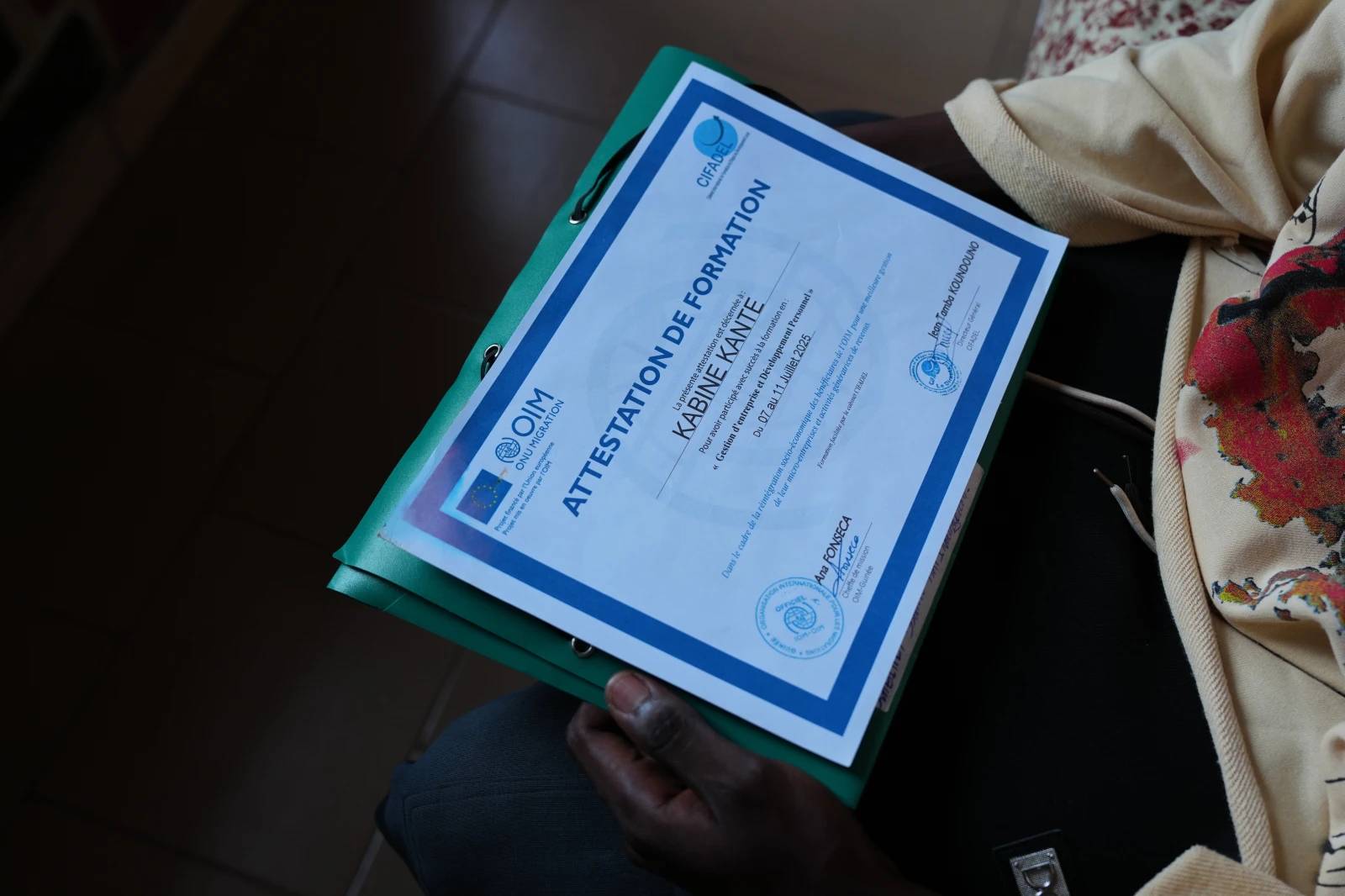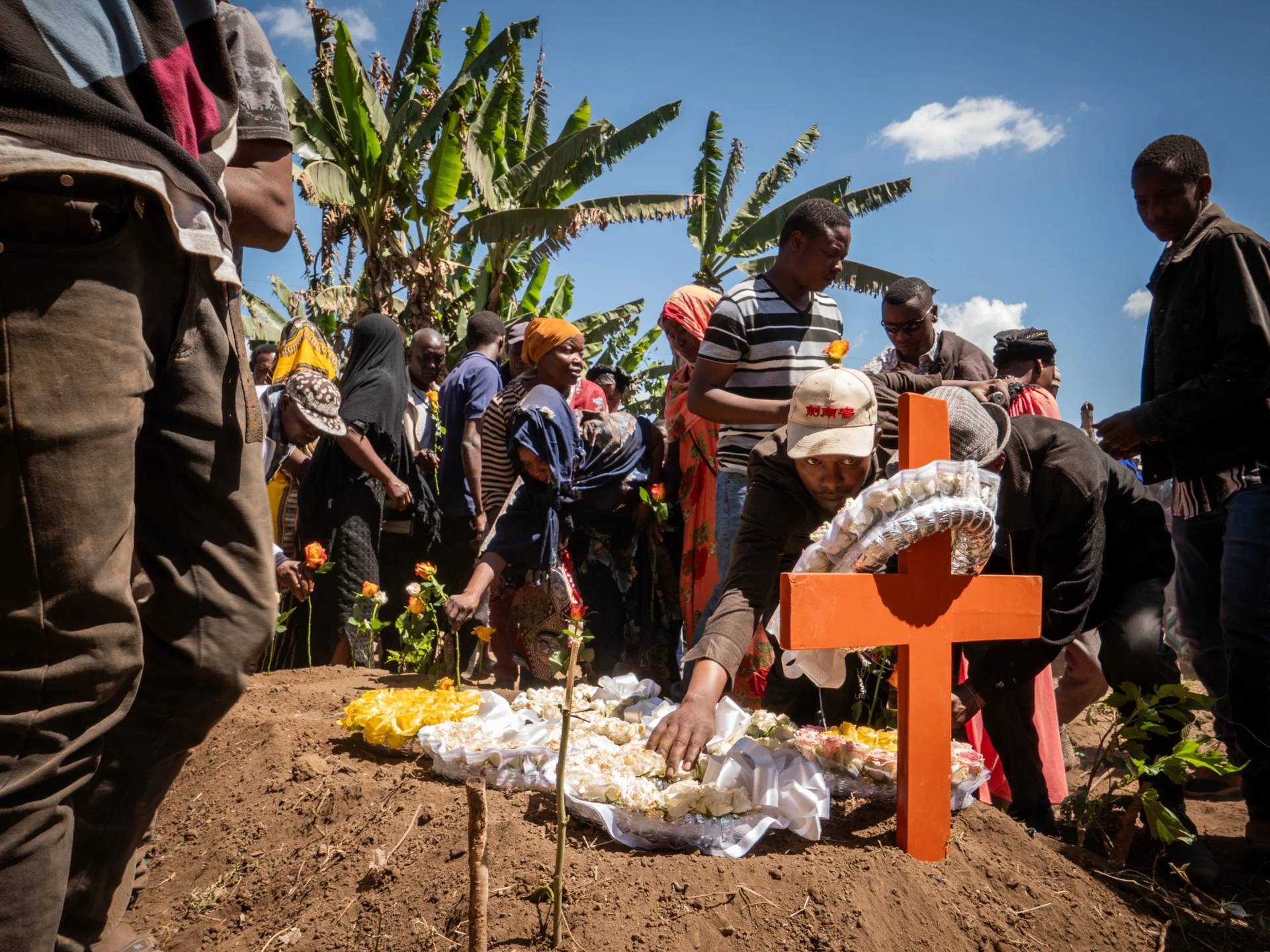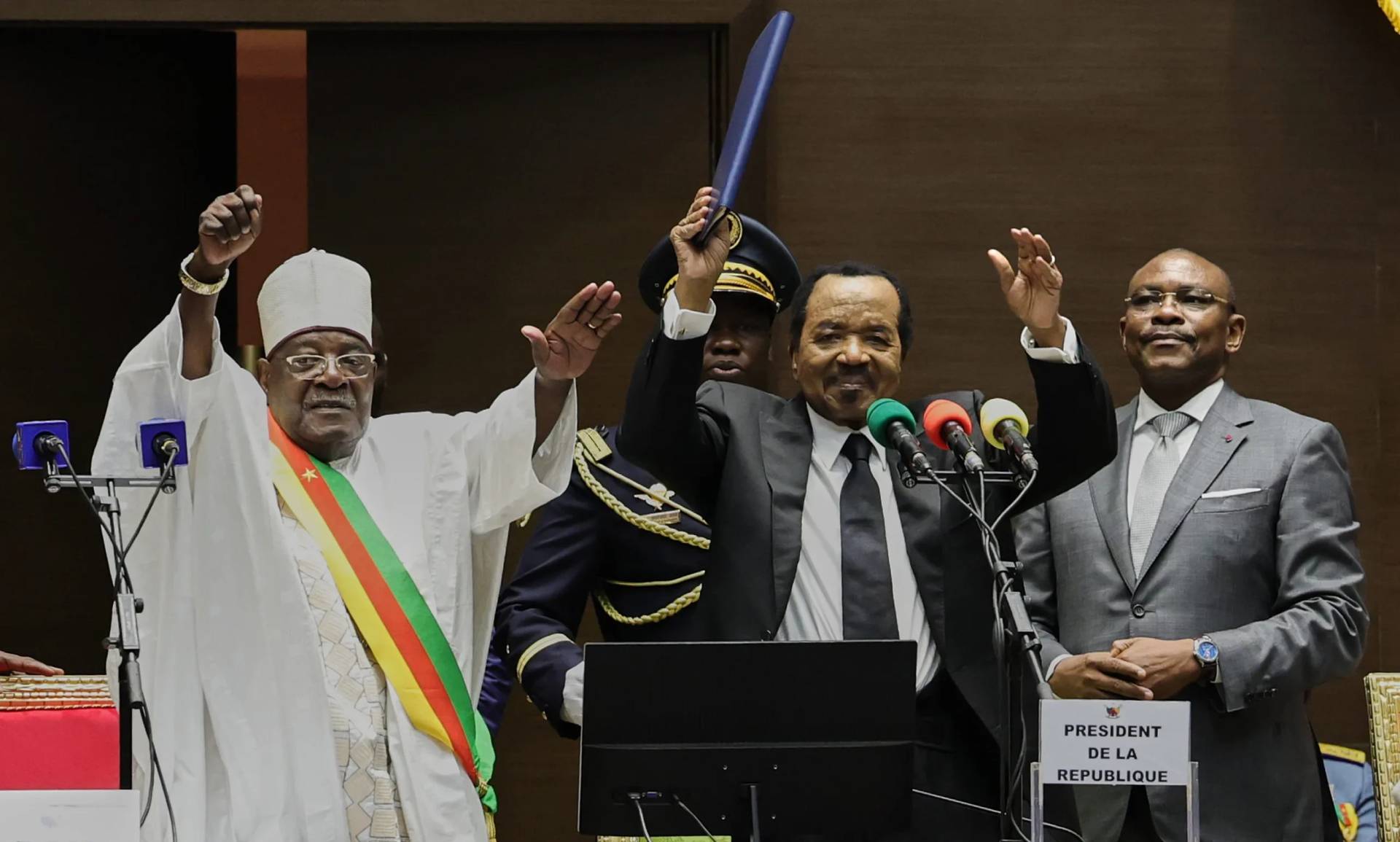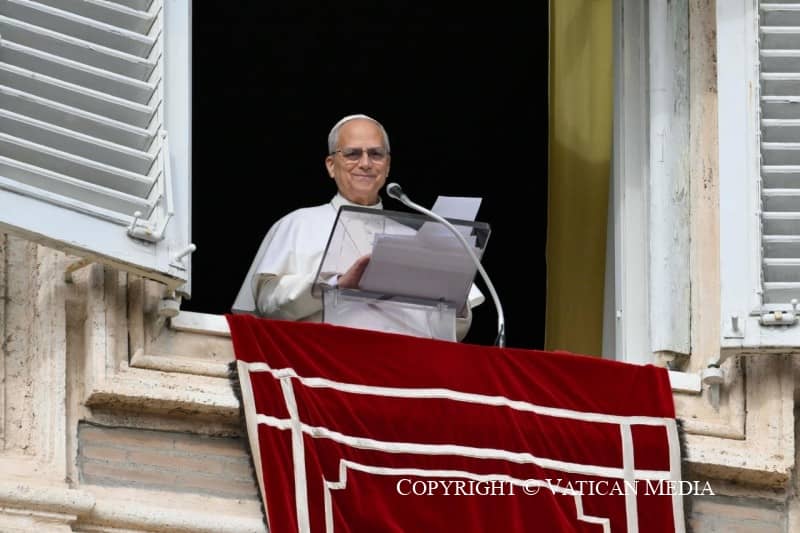YAOUNDÉ, Cameroon – A Catholic priest has been kidnapped in Niger, near the border with Burkina Faso. Italian Father Pierluigi Maccalli, a member of the Society of African Missions, was taken Monday evening after suspected Islamist gunmen attacked his rectory in the village of Bamoanga.
“The kidnapping happened at around 9 pm. According to local residents, about eight men arrived on motorbikes, broke into his house opposite the church and forced him to go with them. They returned 10 minutes later, firing into the air to frighten people,” said Church spokesperson Thomas Codjovi. “There were also nuns there, but he was the only one they wanted to kidnap.”
Father Mauro Armanino, who escaped from the attack, told the Fides news agency that the priest was probably taken by jihadists coming in from Burkina Faso.
Niger’s government spokesperson, Zakaria Abdourahaman, said he had no doubt about the origin of the attackers.
“The kidnappers came from Burkina-Faso,” he said, noting that security forces have since been “combing the area in efforts to find the missionary.”
Abdourahaman said police had warned the religious congregation against staying in the area after registering “suspicious movements of jihadist militiamen right at the border with Burkina Faso.”
Refusing to leave their mission, the missionaries instead limited their travels and no longer left their home at night; but the precautions were not adequate.
“In the neighboring region of Burkina Faso there is, in fact, a vast forest in which the jihadist militants have their bases. Currently the diocese of Niamey has sent a group of priests to the village of Father Maccalli to verify the facts and to make contact with the local community,” said a statement from the Society of African Missions.
Armanino said he thinks the group that took Maccalli may have been seeking international recognition for their actions.
“We have no news of Father Pierluigi … [but] the kidnappers have obtained a first result: Everyone is talking about them all over the world,” he told Fides. “With the abduction of a Western missionary, a group which is probably not even a big group, has managed to gain global visibility.”
The priest also said there is probably an ethnic component to the kidnapping, since the attackers were members of the Peul ethnic group.
“This therefore gives the operation a political stint and highlights a more complex scenario than that of jihadist groups operating between Mali, Burkina Faso and Niger,” he said.
The Peuls are a nomadic people who live across the Sahel region, from Mali to Ethiopia. Their search for pasture has frequently brought them into conflict with farmers, although religious extremism also exists in the community.
“The radicalization of these populations is due, at least in part, to the environmental difficulties that make it increasingly difficult to find water and pastures for their herds,” Armanino said.
“In Niger as well as in neighboring Mali we have seen that the traditional relationships that linked Peuls with other populations, such as the Touregs do not exist,” he said.
The Toureg are a seminomadic ethnic group in the region that was responsible for an insurgency in neighboring Mali in 2012.
There have been a series of attacks and kidnappings across the region by various militant groups and other armed gangs.
In April, a German humanitarian worker with the international NGO Help, Jörg Lande, was taken in Niger’s northwest.
On October 4, 2017, suspected jihadists laid an ambush on an American military convoy that resulted in the deaths of four members of American special forces, as well as four soldiers from Niger.
Mohamed Ouagaya, a security consultant to the Niger government, has warned westerners in particular from venturing into identified dangerous areas without military escort.
“It would be suicidal for any westerner to venture to the north or west of the country; no one can guarantee their security,” he told AFP.
“To go there, there is absolute need for security cover and to stay in those areas, you absolutely need the protection of the authorities.”
The impoverished country of 20 million people has a small Christian population, barely 2 percent of the population. It is concentrated in the Torodi area, where Bamoanga is located.
The rising tensions have pushed countries in the region and the international community to try responding militarily, but Armanino thinks this is the wrong approach.
“Instead of sending soldiers, it is necessary to ensure that the relations between the different populations are reconnected. Only by creating an environment of exchange and relations between the inhabitants of these areas will positive results be achieved,” the priest said.






